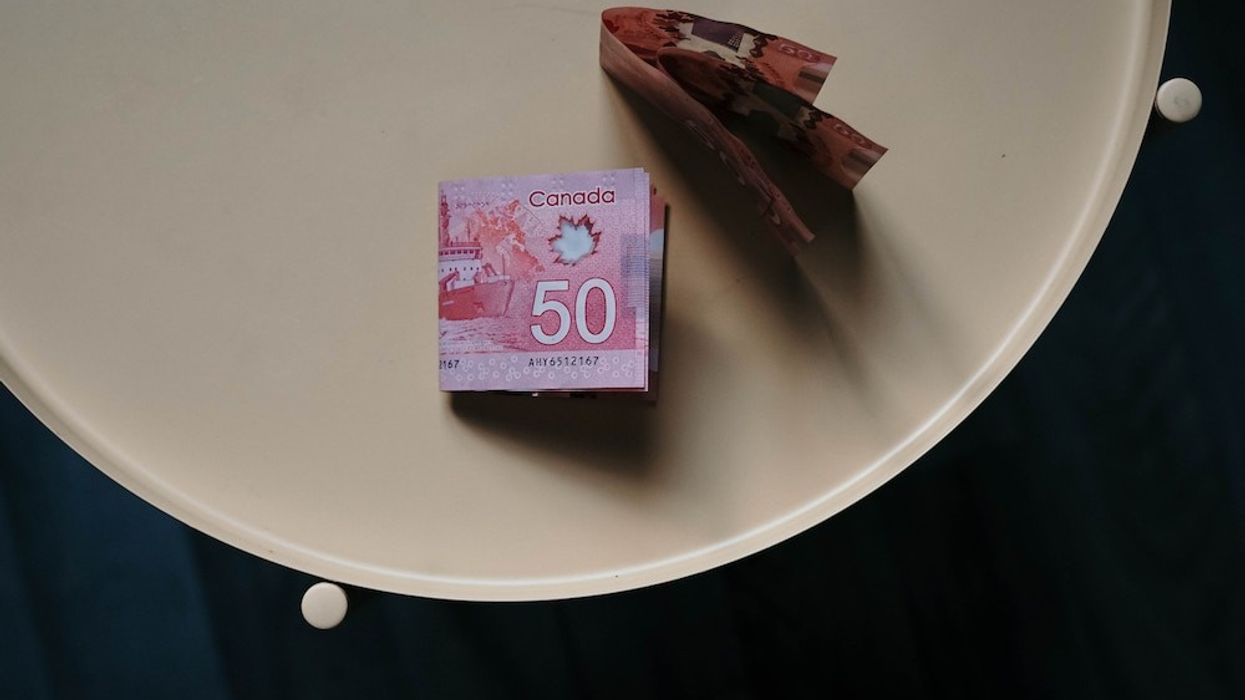Let’s be honest; there’s a long-held stereotype that – if you give a homeless person a handful of cash – they may not exactly spend it wisely.
For this reason, many good citizens may offer their unhoused neighbours things like food, water, or toiletries before handing over cash.
But, according to new research from the University of British Columbia (UBC), the public may have the wrong idea about what a homeless person may do if they came into a relatively large sum of money.
A new study published in Proceedings of the National Academy of Sciences reveals what some may call surprising insight into how homeless people actually manage their finances.
The research began with a survey. According to participants in a US survey of more than 1000 people, respondents believed that – if given an unconditional cash transfer – homeless people would spend 81% or more on temptation goods (drugs, alcohol, and cigarettes) compared to those who have homes.
To determine whether this belief reflected the reality, a UBC research team, in close partnership with Foundations for Social Change, decided to dish over the cash to see. They gave $7500 to 50 people who were homeless in Vancouver – a city notorious for its large homeless population. The researchers then compared the spending outcomes over the next year with a control group of 65 homeless people who didn’t receive any cash.
The results reveal that we really ought to have a little more faith in people.
As it turns out, those who received the cash spent 99 fewer days homeless, spent 55 more days in stable housing, and increased their savings. They also saved society money – an average of $777, in fact – by spending less time in shelters. A shelter stay comes with a $93 per night tab in Vancouver. Fewer nights in shelters resulted in a societal cost savings of $8,277 per recipient. Most notably, the cash recipients didn’t spend more money on temptation goods than the control group – who, presumably, aren’t making an income at all.
Admittedly, this stereotype-smashing reveal may come as a shock to some.
“The impact of these biases is detrimental,” said Dr. Jiaying Zhao, an associate professor of psychology at UBC who led the study. “When people received the cash transfer, they actually spent it on things that you or I would spend it on—housing, clothing, food, transit—and not on drugs and alcohol.”
It should be noted, however, that the study didn’t include participants with severe levels of substance use, alcohol use, or mental health issues. While the prevalence of these issues in the unhoused community is apparent, Dr. Zhao pointed out that most homeless people don’t actually fit these common stereotypes.
Instead, they’ve simply fallen into hard times. They sleep in cars, tents, or on their friends’ couches, and don’t abuse substances.
READ: City Of Vancouver Acquires Warehouse For $9.5M To Convert Into Social Housing
The researchers also tried to determine how the long-held public perception about cash transfers to homeless people could be changed. They found that the most effective messaging would counter stereotypes by explaining how homeless people actually spend money, or emphasize the utility of cash transfers and the net savings they bring to society.
Sadly, when it becomes about them (i.e. their societal savings), sometimes people sit up a little straighter in their chairs and pay attention.
“We know that people tend to dehumanize those experiencing homelessness. What’s surprising to me was how large this bias was,” said Dr. Zhao. “Homelessness is such a big problem in North America right now. It’s extremely costly in terms of GDP as well as human lives, and the current approaches to homelessness reduction are not working. That’s why I think it’s important to explore a different approach.”
This “different” approach could include a universal basic income for those over 17 so that they may afford the basics, outlines the study. The move, if it were to materialize, will inevitably be met with a loud-and-clear backlash. But, we’ll cross that bridge (if and) when we get there.
In the meantime, Dr. Zhao’s Behavioural Sustainability Lab will now turn its attention to replicating this study with a much larger sample of people, and expanding it to other cities in Canada and the US.




















